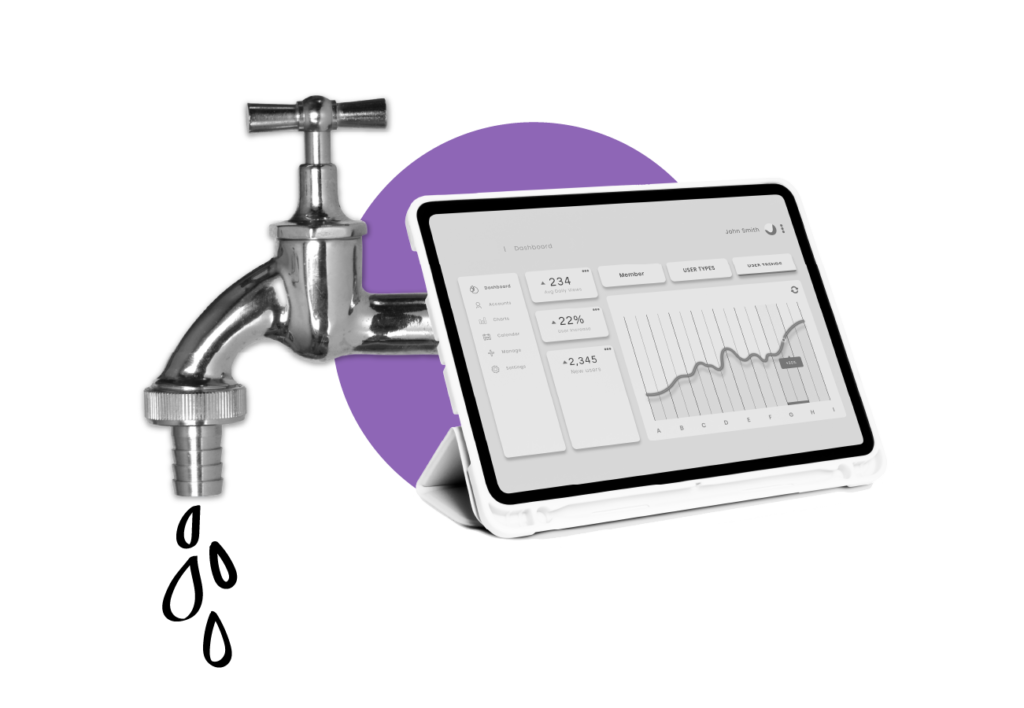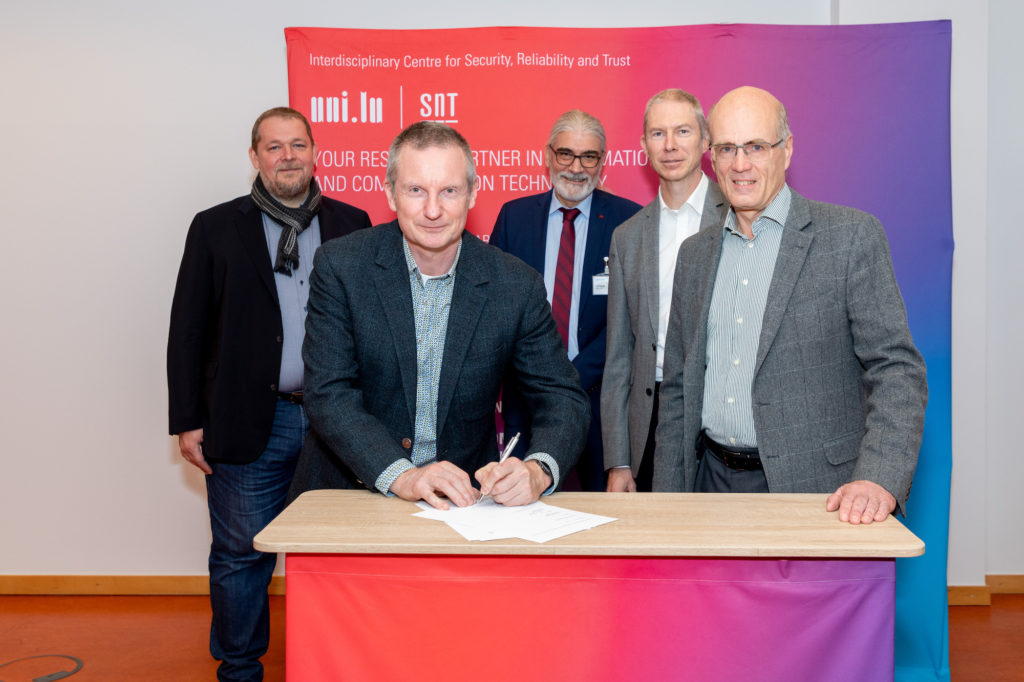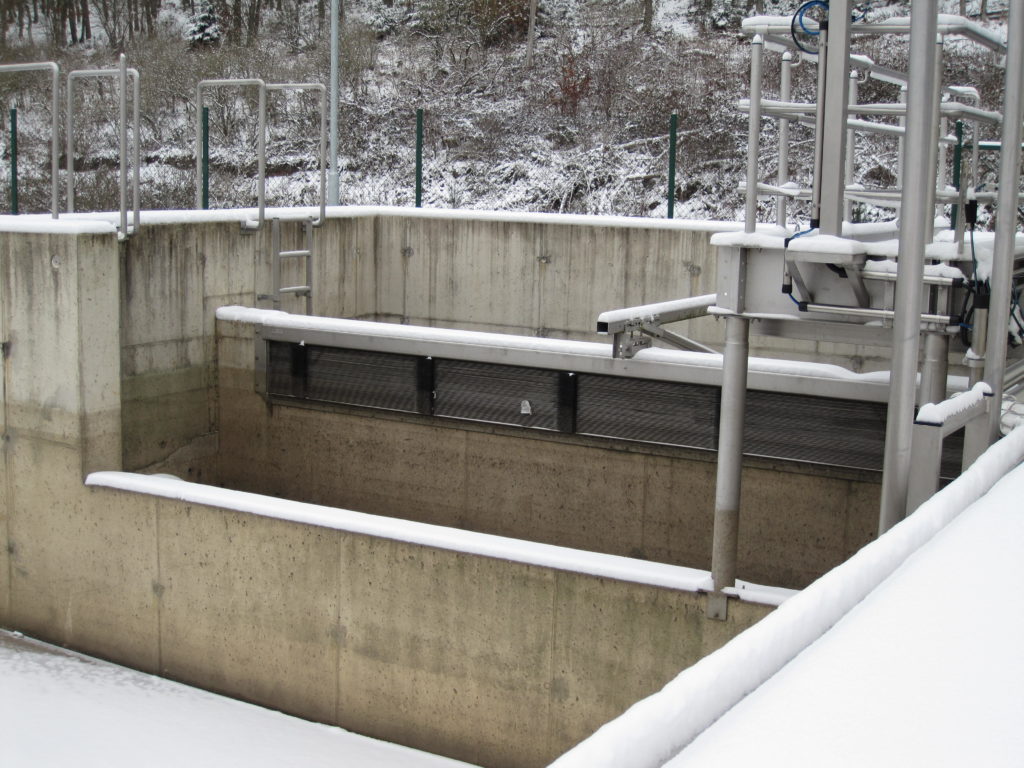Autonomous vehicles & IoT

Covering nearly three quarters of our world, we’d imagine that water is one of our most plentiful resources on Earth – but everything we do on a daily basis consumes vast quantities of it. From the 130 litres of water it took to make the beans in your morning cup of coffee, to the 10,000 litres in just one pair of jeans, our water usage is astounding when you really look deeper.
In reality, our access to water is finite. With over 97% of the world’s existing water being unsuitable for human consumption, our reserve of freshwater has been shown to be declining faster than we can replenish it. In fact, nearly 70% of our world’s freshwater supplies are inaccessible, as they’re located within glaciers and ice caps. And after one of the driest summers on record in Luxembourg, the importance of water cannot be understated. The way our local infrastructure handles its water supply and wastewater management will be key in the future in preventing us from running out of our most valuable resource.

So how much do we really know about water distribution and wastewater collection? In 2014, three research engineers founded Luxembourg-based company RTC4Water, and have since made it their mission to help towns, syndicates, local governments, as well as entire countries manage their water distribution in a smarter, more efficient way. “Existing water management systems are operated by smart engineers, but information on how the water is being used, if any leaks are present, and if the water is being processed efficiently is difficult to assess. Even experienced engineers can have difficulty assessing the impact if a network fails. RTC4Water´s system gives a hands-free approach to managing water supply, and wastewater collection networks that allows those engineers to work on other tasks,” said Dr. Alex Cornelissen at RTC4Water.
“The goal of the improved system is to ensure that water is being correctly and safely managed"
Rodrigo Da Silva Gesser, SnT Tweet
Powered by artificial intelligence, their automation and prediction software, known as a global predictive controller (GPC), works to enhance existing water management systems, and provide an independent network management tool that proactively adapts to network changes and emergencies. Put simply, their system can reduce frequencies of pipes bursting, detect leaks, improve water quality and optimise the use of local water sources, to name just a few.
In 2021, the team partnered with SnT to bring their wastewater network GPC to the next generation, and restructure it to reduce pollution specifically further. “The idea of the improved system is to ensure that water is being correctly and safely managed, and sewage is being effectively redirected into sewage treatment plants, so that it can be safely discarded into the environment, reducing the impact of pollution,” explained Rodrigo Da Silva Gesser, a doctoral researcher working on the project.

“Working in collaboration with SnT’s team of researchers and with the research funding schemes in Luxembourg, our next generation GPC will, in the near future, be able to explicitly consider in real-time quality aspects of the managed water."
Dr. Alex Cornelissen, RTC4Water Tweet
The team have been recently awarded an Industrial Fellowship grant from the Luxembourg National Research Fund (FNR), which will allow them to bring on board another doctoral researcher. This will enable them to upgrade RTC4Water’s GPC to include real-time drinking water data, and therefore enable it to assess and estimate how much, as well as what kind of, wastewater is being produced. Consequently, their controller will be able to more effectively ensure that wastewater is being managed, collected, and treated efficiently.
“Working in collaboration with SnT’s team of researchers and with the research funding schemes in Luxembourg, our next generation GPC will, in the near future, be able to explicitly consider in real-time quality aspects of the managed water. For the wastewater GPC, this represents a world novelty that will revolutionise the dynamic management of sewer network worldwide. It has the potential to both reduce the environmental impact of heavy rain events, as well as the efficiency of the wastewater treatment process,” Dr. Cornelisson shared.
“We acknowledge and are appreciative of research funding from the FNR and state aid from the ministries of Economy and Finance for our research projects,” he concluded.
